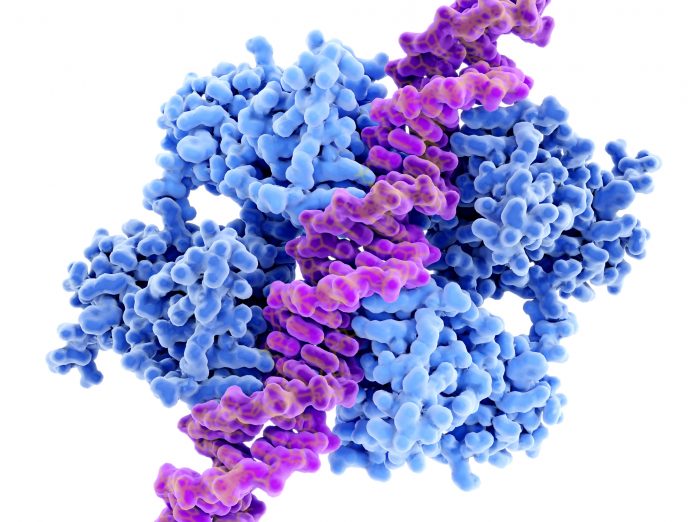
The University of Texas MD Anderson Cancer Center and start up Nexo Therapeutics have announced a multi-year strategic collaboration for new cancer therapies against previously undruggable targets. The agreement links Nexo’s drug discovery platform, which combines innovative covalent chemistry and chemical biology, with MD Anderson’s expertise in translational research and drug development.
“For many cancer patients there are no therapies that target the fundamental drivers of their disease,” said Andrew Phillips, PhD, founder and CEO of Nexo. “At Nexo, we are leveraging innovations in covalent chemistry and chemical biology to enable targeting these fundamental drivers.”
Nexo this week emerged from stealth with a $60 million Series A financing led by founding investor Versant Ventures with participation from New Enterprise Associates and Cormorant Asset Management. A distinguishing feature of the company’s platform is that is uses covalent fragments against all ligandable amino acids. In a press release, Nexo said the platform allows them to reach beyond conventional approaches that are constrained to cysteine.
Only a small percent of protein targets are considered druggable, based on the structure of the target as well as selectivity and pharmacological properties. The Nexo platform aims to systematically address each of these issues by combining a “chemistry engine” with chemical biology capabilities.
Nexo’s chemistry engine, CODON (Covalent Discovery and Optimization), combines a proprietary library that leverages chemical diversity and innovative covalent chemistries with scalable biochemical and in-cell proteomics. The company says this lets them identify promising hit compounds and conduct rapid optimization to produce candidates for in vivo studies.
The company’s chemical biology approach, INFINI-T (Informed Profile Before Initiation of Target), uses chimeric fusion proteins to address target biology and pharmacology questions. The function of these chimeric proteins is controlled by small molecules in cellular and in vivo models to generate detailed information about the required depth, duration and selectivity of target inhibition.
They point out that the INFINI-T platform provides target product profiles for medicinal chemistry well in advance of lead optimization. This is expected to decrease the time and capital needed to bring drug candidates to the clinic.
MD Anderson’s Translational Research to AdvanCe Therapeutics and Innovation in ONcology (TRACTION) platform was designed to overcome traditional hurdles in oncology drug development. The platform incorporates a variety of cutting-edge technologies, disease modeling approaches, and data analytics tools to better inform drug development, from discovery into clinical trials.
Beginning at the first stages of drug discovery and target identification, TRACTION researchers will collaborate with Nexo to characterize susceptible cancers, to identify potential combination treatment strategies and to evaluate biomarkers that can optimize patient selection.
Nexo and MD Anderson will collaborate on discovery and translation efforts, with the option to extend the collaboration into clinical development. Nexo will provide research support funding, and MD Anderson is eligible to receive certain royalties and payments based on a range of future development, regulatory, commercial and business milestones. Nexo will retain all rights to programs under the collaboration and will have sole responsibility for development, manufacturing and commercialization.













